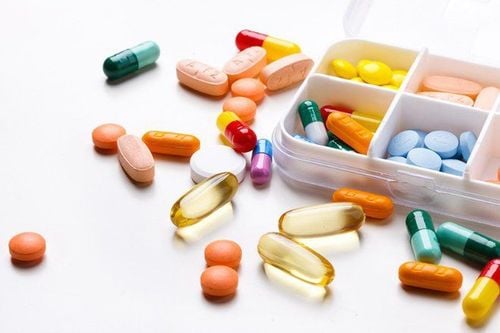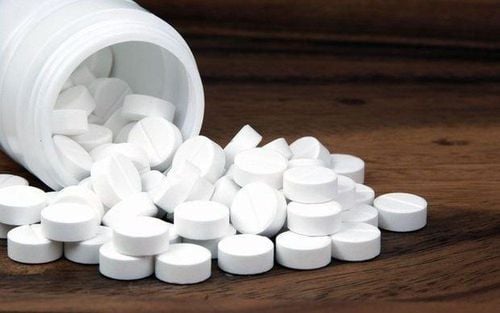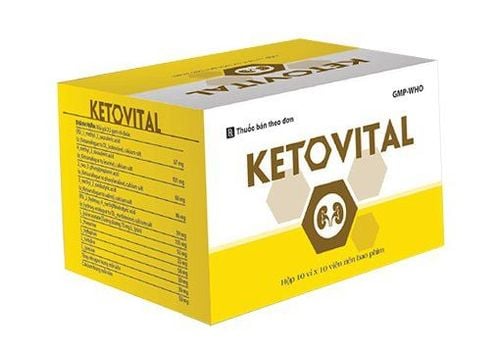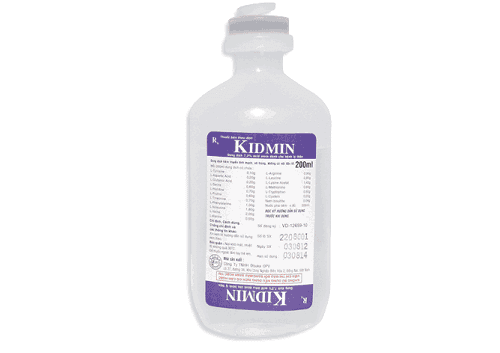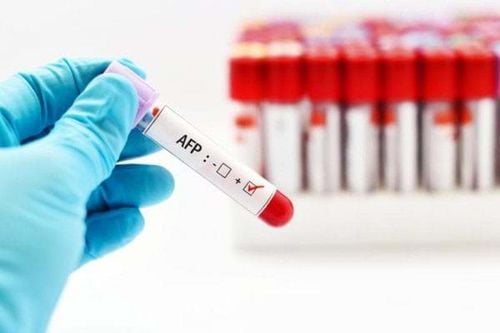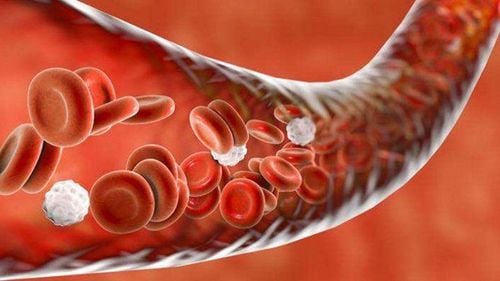This is an automatically translated article.
The article was written by Doctor Gastroenterologist - Department of Medical Examination & Internal Medicine - Vinmec Hai Phong International General Hospital
Hypokalemia is a common electrolyte disorder. Can be fatal if not treated promptly. Normal blood potassium is 3.5 -5mmol/l. Hypokalemia when Potassium < 3.5 mmol/l.
1. Causes of hypokalemia
Kidney damage:
Renal tubular acidosis seen in chronic and acute renal failure Renal artery stenosis Cushing's disease and other adrenal disorders Loss of potassium through the stomach and intestines due to:
Excessive vomiting Enemas or use laxatives Severe diarrhea After small bowel resection, biliary drainage, ileostomy Drug effects:
Thiazide diuretics such as hydrochlorothiazide or loop diuretics such as furosemide Medicines for asthma or emphysema (beta-adrenergic agents such as bronchodilators, steroids, or theophylline) Aminoglycosides Antifungal amphotericin B
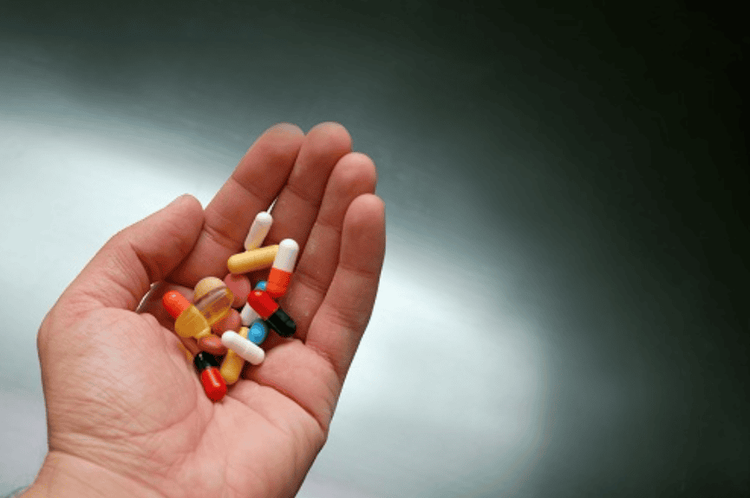
Abnormal transport of potassium in and out of cells can lower blood potassium levels :
Use of insulin Alkalemia Reduced food intake or malnutrition Anorexia bulimia

Other causes such as:
Athletes, overworked workers with excessive sweating Magnesium deficiency Leukemia Special clinical form (Westphal period palsy with primary hypokalemia): Common in children of all ages. young age to < 30 years old. The course lasts from a few hours to a week, often occurs in the morning, recurs many times. Mild to severe muscle weakness.

2. Handling
2.1 Principle The goal of hypokalemia treatment is to prevent life-threatening complications of hypokalemia (arrhythmias, muscle paralysis, rhabdomyolysis). Emergency treatment depends on the severity of the hypokalemia and/or comorbidities. Find and treat the cause of hypokalemia.
2.2.Treatment 2.2.1. Potassium replacement Depending on the classification and severity of symptoms. Treatment of hypokalemia is initiated as soon as the results of the diagnostic tests are available.
Mild hypokalemia : those with no symptoms or with mild symptoms: Take oral potassium. This method is easy to administer, easy to use, safe, inexpensive, and easily absorbed from the gastrointestinal tract. However, it can irritate the stomach and cause vomiting. Severe hypokalemia: If there is arrhythmia or muscle paralysis, rhabdomyolysis: intravenous potassium infusion. People with suspected severe hypokalemia should be continuously monitored on a monitor until the ECG returns to normal.
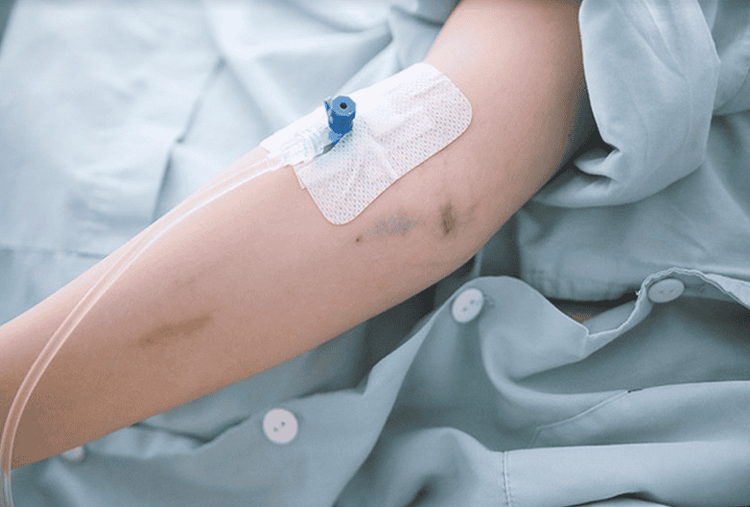
2.2.2 Treat the cause of hypokalemia Treat diarrhea Stop taking medications that cause hypokalemia Add foods containing potassium such as tomatoes, oranges or bananas Supplement potassium with diet and medications in patients on diuretic therapy. Co-existing metabolic abnormalities such as hypomagnesemia should be checked. Vinmec International General Hospital is one of the hospitals that not only ensures professional quality with a team of leading doctors, modern equipment and technology, but also stands out for its examination and consulting services. and comprehensive, professional medical treatment; civilized, polite, safe and sterile medical examination and treatment space. Customers when choosing to perform tests here can be completely assured of the accuracy of test results.
Customers can directly go to Vinmec Health system nationwide to visit or contact the hotline here for support.
MORE:
Hypokalemia: Causes, symptoms, diagnosis and treatment Why does your body need Potassium? Meaning of blood potassium test




